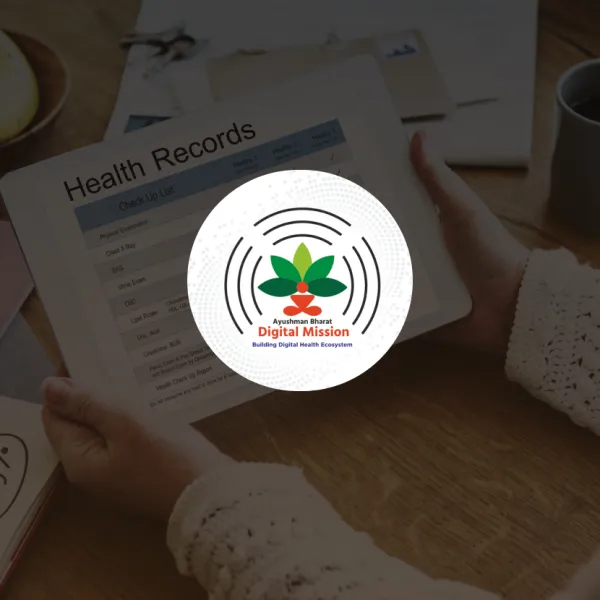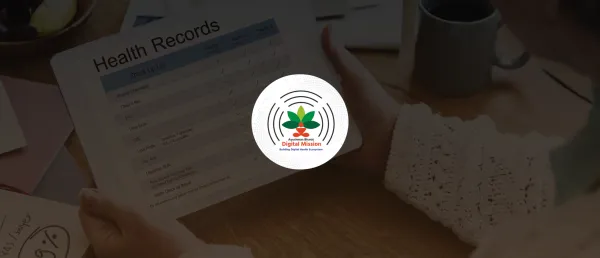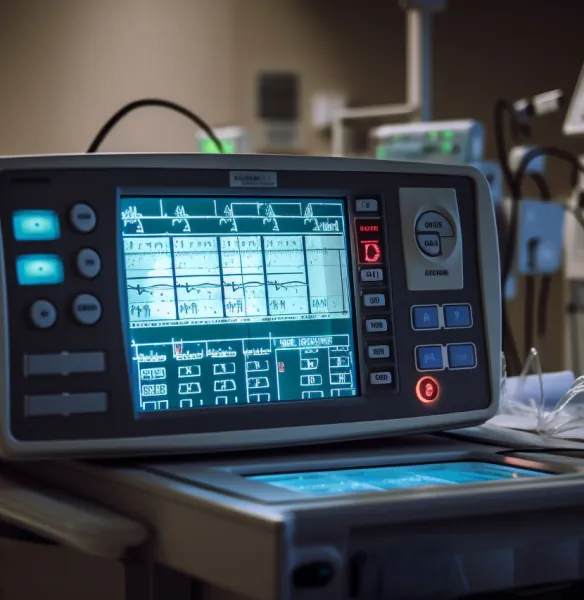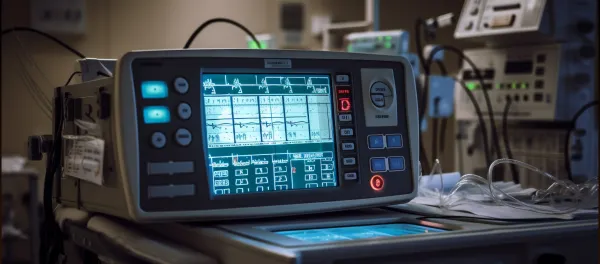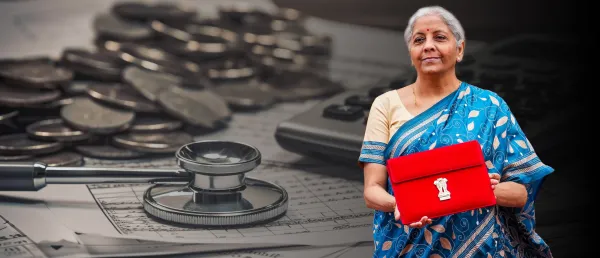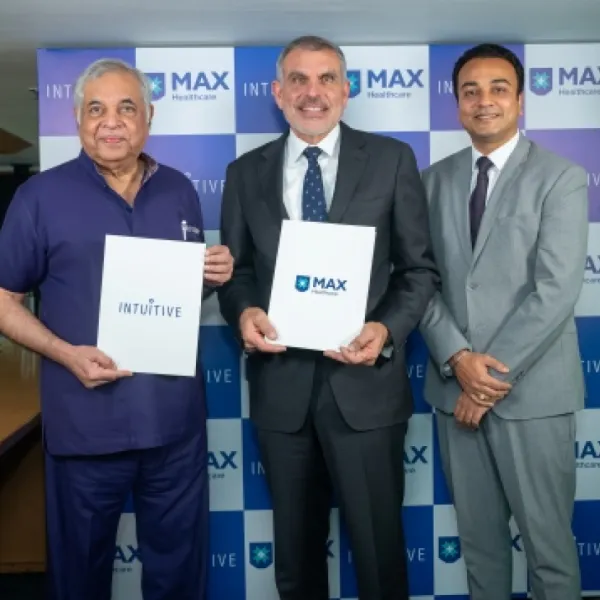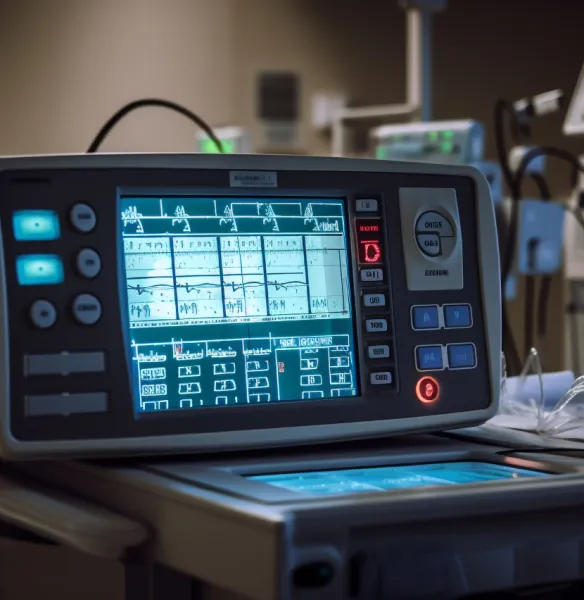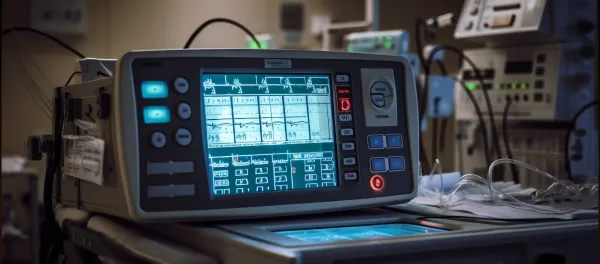NHS Introduces AI Tool to Predict Falls & Viruses with High Accuracy

Cera’s AI software will also identify symptoms of winter illnesses, including COVID-19, flu, respiratory syncytial virus (RSV), and norovirus, allowing healthcare teams to intervene preemptively.
The NHS is implementing a new artificial intelligence (AI) tool developed by health tech company Cera, which can predict patients' risk of falling with 97% accuracy. This innovation aims to prevent as many as 2,000 falls and hospital admissions daily.
The AI tool is currently deployed during over 2 million home care visits each month, monitoring vital health signs to identify early signs of deterioration and alerting healthcare staff to intervene proactively. The software is operational across more than two-thirds of NHS integrated care systems and generates approximately 5,000 high-risk alerts daily, potentially reducing hospitalizations by up to 70%.
Falls are the leading cause of emergency hospital admissions among older adults. It is estimated that around 30% of individuals aged 65 and above, totaling 2.5 million people, and nearly half of those aged 80 and over, experience at least one fall annually.
Such incidents account for over 4 million bed days each year, costing the NHS approximately £2 billion.
In addition to fall predictions, Cera’s AI software will also identify symptoms of winter illnesses, including COVID-19, flu, respiratory syncytial virus (RSV), and norovirus, allowing healthcare teams to intervene preemptively.
Dr Vin Diwakar, National Director of Transformation at NHS England said, “This new tool now being used across the country shows how the NHS is harnessing the latest technology, including AI, to not only improve the care patients receive but also to boost efficiency across the NHS by cutting unnecessary admissions and freeing up beds ahead of next winter, helping hospitals to mitigate typical seasonal pressures. We know falls are the leading cause of hospital admissions in older people, causing untold suffering, affecting millions each year and costing the NHS around £2 billion, so this new software has the potential to be a real game-changer in the way we can predict, prevent and treat people in the community. This AI tool is a perfect example of how the NHS can use the latest tech to keep more patients safe at home and out of hospital, 2 cornerstones of the upcoming 10-year Health Plan that will see shifts from analogue to digital, and from hospital to community care”.
The technology allows carers and healthcare professionals to record patient updates via an app, which monitors vital signs such as blood pressure, heart rate, and temperature in real time.
This system alerts professionals to patients at risk, facilitating community care and preventing emergencies.
The AI tool also automates administrative tasks like scheduling visits and creating care plans, enabling staff to concentrate more on patient care. Since its trial commenced in July 2023, the initiative has contributed to the safety of thousands of elderly and vulnerable individuals at home, reducing A&E attendances and freeing hospital beds, resulting in savings exceeding £1 million daily for the NHS.
This development is part of a broader shift towards technology-led models in healthcare, as the NHS prepares to launch a 10-year Health Plan later this year aimed at advancing from analogue to digital care and promoting community-based treatment.
Stay tuned for more such updates on Digital Health News.
Stay tuned for more such updates on Digital Health News







